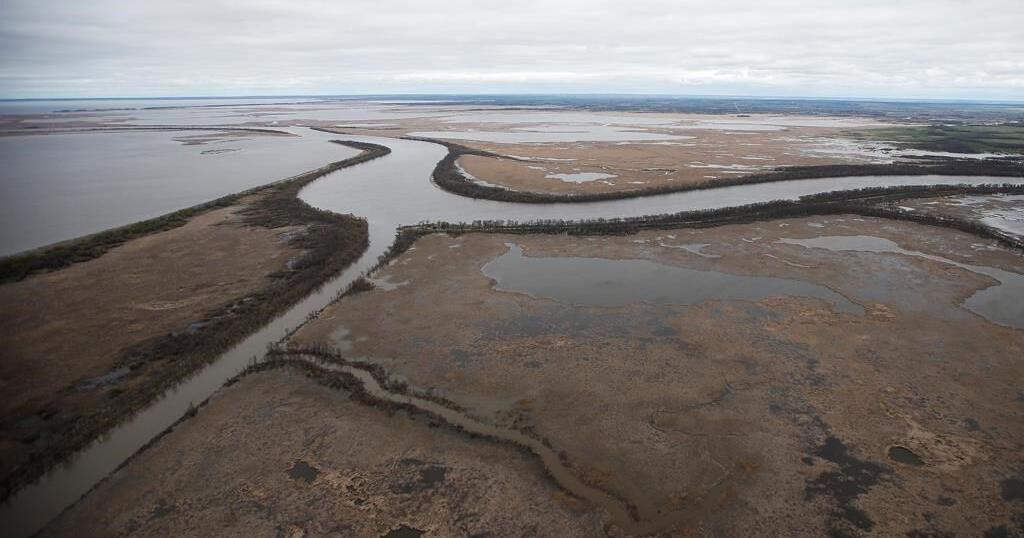TORONTO – Losses in the energy sector led Canada’s main stock index lower on Friday, while U.S. stock markets rose to new records.
Both Canada and the U.S. saw fresh jobs data today that came in weaker than expected, solidifying bets on both sides of the border for upcoming interest rate cuts.
The S&P/TSX composite index closed down 184.99 points at 22,059.03.
In New York, where markets were closed on Thursday for the July 4 holiday, the Dow Jones industrial average was up 67.87 points at 39,375.87. The S&P 500 index was up 30.17 points at 5,567.19, while the Nasdaq composite was up 164.46 points at 18,352.76.
The U.S. economy added 206,000 jobs in June. But though the headline number was slightly stronger than expected, the details revealed weakness, said Dustin Reid, vice-president and chief strategist for fixed income at Mackenzie Investments, including lower revisions for previous months as well as higher unemployment.
“That’s all suggesting that the so-called cracks in the labour market … are getting slightly larger,” he said.
The report helps solidify the growing consensus that the U.S Federal Reserve will start cutting its key interest rate in September, said Reid.
“It doesn’t necessarily move that needle too much. But it does help to solidify that,” he said.
The jobs report caps off a week of weaker-than-expected economic data that’s prompted Treasury yields to move steadily lower, said Reid, after they rose last week following the election debate.
In Canada, where the central bank has already made one rate cut, the jobs report solidified expectations that it will cut a second time later this month, he said.
The Canadian economy lost 1,400 jobs in June and the unemployment rate climbed to its highest level in more than two years, Statistics Canada reported Friday.
“This is a pretty weak report that really cannot be ignored, I think, by the (central) bank,” said Reid.
The fact that the economy lost jobs despite the population continuing to grow is “pretty sluggish,” he said.
The upcoming inflation report could provide further ammunition for a July cut, he added.
The Canadian economy has responded to higher interest rates more swiftly, while the U.S. economy has proven more resilient than expected.
The Canadian dollar traded for 73.35 cents UScompared with 73.46 cents US on Thursday.
The August crude oil contract was down 72 cents at US$83.16 per barrel from its settlement price Wednesday and the August natural gas contract was down 10 cents at US$2.32 per mmBTU.
The August gold contract was up US$28.30 at US$2,397.70 an ounceand the September copper contract was up 12 cents at US$4.65 a pound.
— With files from The Associated Press
This report by The Canadian Press was first published July 5, 2024.
Companies in this story: (TSX:GSPTSE, TSX:CADUSD)





















